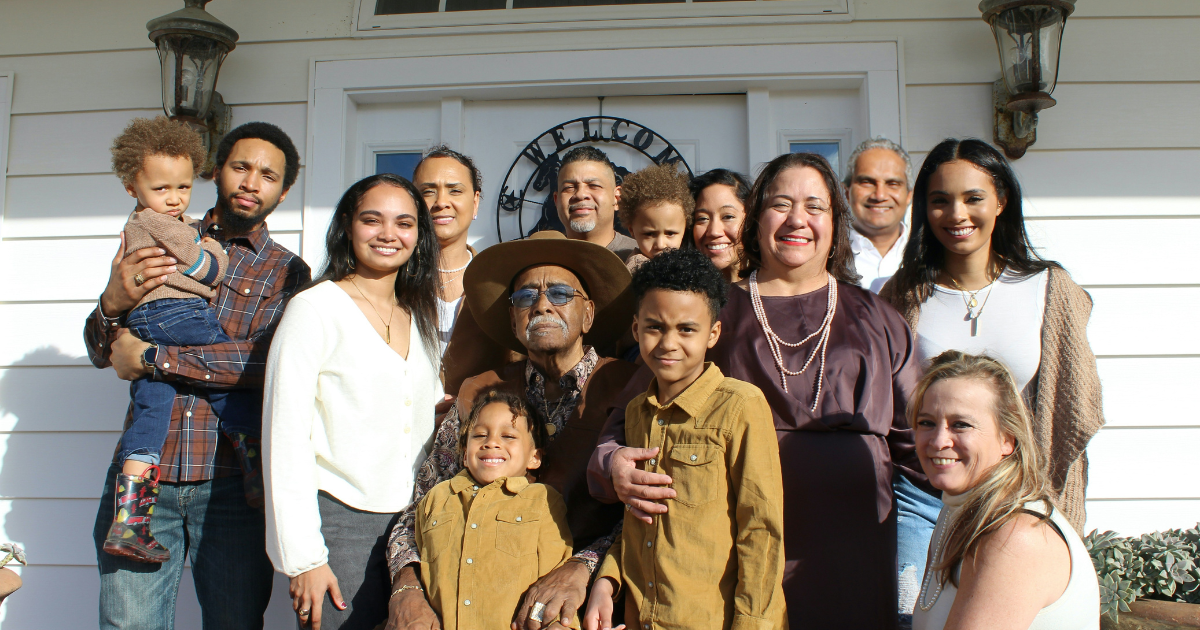After a divorce, child support can be a conflict-ridden process. It’s not uncommon that once loving, kind spouses turn hostile and seek to get everything they can from the deal, ripping their relationship apart. So typically, parents drift away and don’t communicate often – or in many cases, not at all. When it comes to child support, then, exes resort to understanding payment and paying on time to be enough to satisfy not just the state’s requirements, but also a father’s or mother’s obligation. For example, in 2013 alone, $32 billion was transacted in child support payments.
The National Parents Organization put together a Shared Parenting Report to grade how each state does in fostering and encouraging a shared parenting model. And nearly every state, from California to Nevada to Idaho to Maine, received a 1.63 grade out of a 4.0. That is a failing grade for the states – and one that we as a country should no longer continue to accept.
It should go without saying that sharing responsibilities in parenting leads to children who are better adjusted after divorce. Many parents worry about these negative effects that divorce can have on children, but studies show that parents who remain in their children’s lives see no ill side effects of divorce, and actually have more positive outcomes than children with parents who remain in unhappy marriages. Further, sharing more duties, responsibilities, and experiences allows parents to integrate themselves more seamlessly into their children’s lives, in ways that divorce typically make more difficult. For example – finding ways to make holidays a positive experience for all – by splitting time, or by planning around schedules – is a good way to ensure children see both parents as integral to their lives.
And states too often focus on child support enforcement over child support engagement. When appropriate, states should seek to construct rules and obligations around involvement and not around payments. Money is a simple solution to a complex problem, but it doesn’t change the root of the complexity. States need to work to make sure that after a divorce, a parent should remain in the child’s life, provided that the parent is not perceived as a danger. Focusing on this will make sure that our children continue to grow up with both parents, and receive more than payments for child support.
Again, these are complex issues. But we have to seek to make our solutions better fits for all families, and make child support more than just about monthly payments.









